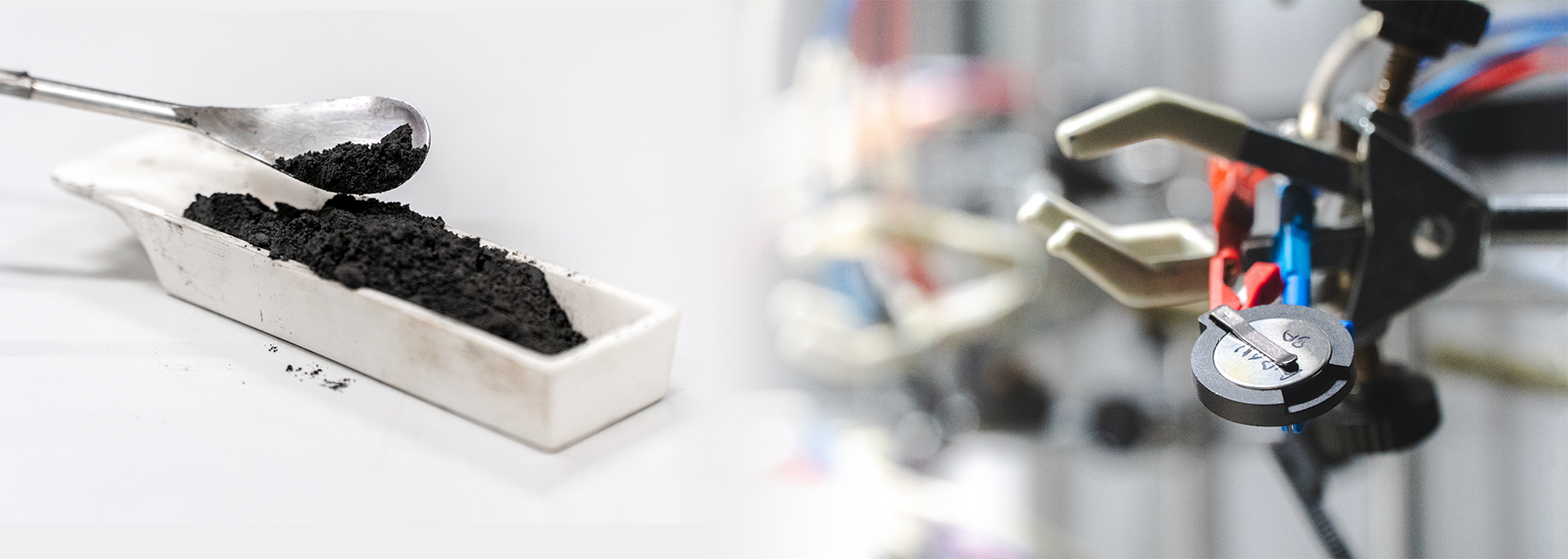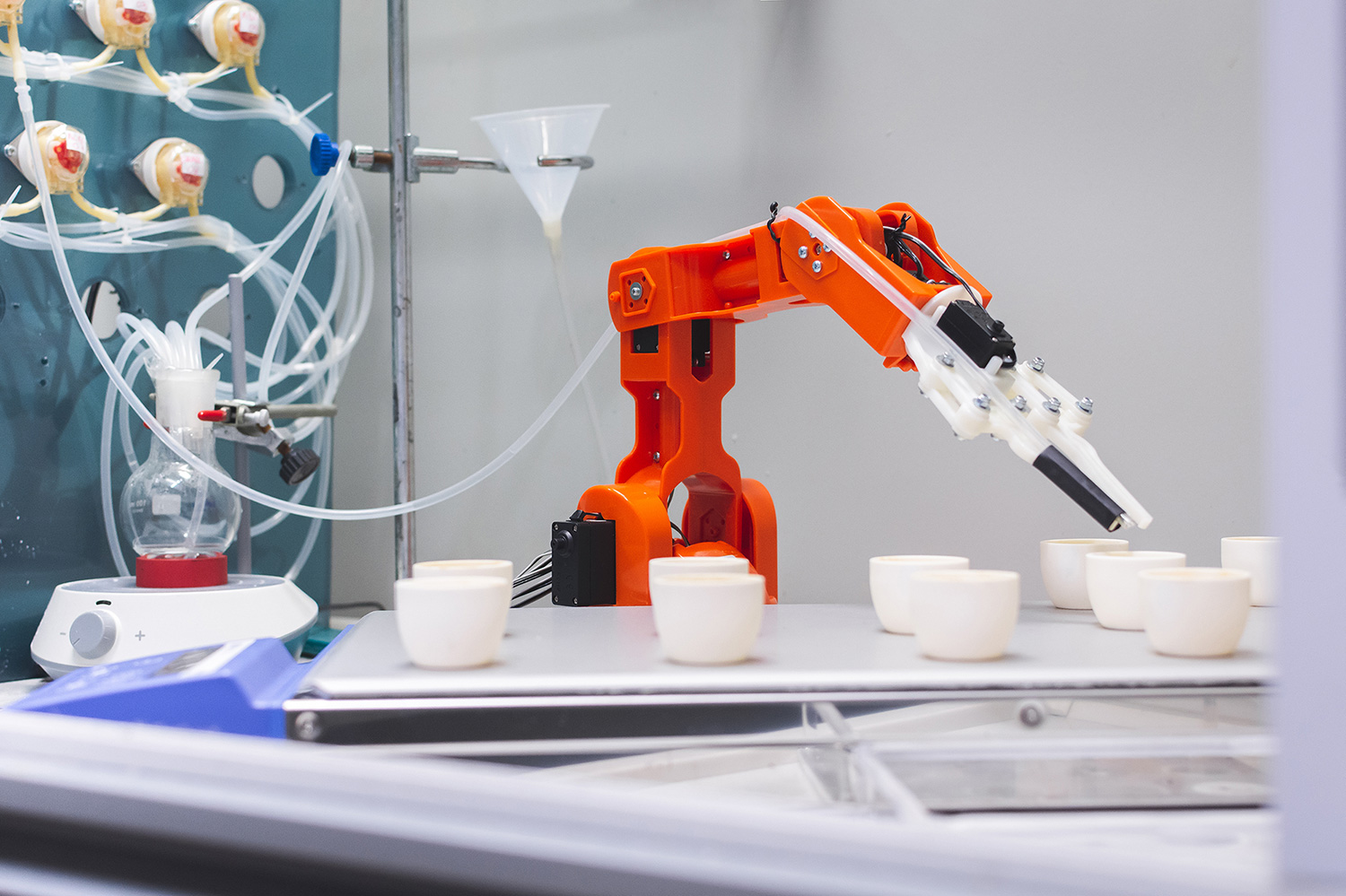CIC energiGUNE, the Basque research center of reference in electrochemical and thermal energy storage and a member of the Basque Research & Technology Alliance-BRTA, will apply tools of Artificial Intelligence in order to create a laboratory of autonomous functioning capable of accelerating the discovering of new materials that are able to store energy, thus reducing the time as well as the cost of the current experimentation processes.
“The ION-SELF project will entail a disruptive change in the research of new materials of storage that will substitute the current ones, which have already reached their limit of energetic density and, therefore, cannot respond to the necessities of the battery of the future”, has manifested Montse Casas-Cabanas, Scientific Coordinator of the Electrochemical Area at CIC energiGUNE. Its launch will suppose, in her opinion, an essential leap forward in the research process since “thanks to the Artificial Intelligence, the economic cost and the necessary time for the experimentation process will be substantially reduced, freeing researchers from arduous and repetitive tasks so they can concentrate on innovative and productive work”.
Javier Carrasco, scientist from CIC energiGUNE and co-responsible for the ION-SELF project, reminds that “the current rechargeable Ion-Lithium batteries will need in a short to medium term an alternative that offers more capacity, more useful life, more security and a higher range of operative temperature, apart from being affordable and sustainable”. With the autonomous laboratory, the possibility of identifying new electroactive materials within a wide spectrum of the periodic table multiplies, without the need of assuming an experimental process that, in some occasions, can require an unaffordable number of tests.
Specifically, ION-SELF aspires to design an automatic and autonomous platform for the development of electroactive materials, capable of making effective predictions of the result of automatic experiments even before having been carried out. As a consequence, the number of experimental conditions will be reduced, as well as an immeasurable quantity of trials and a selection of options, with which they will obtain a time and cost reduction without precedent in the development of new materials for batteries. In this way, decisive advances will be given a possibility in the obtaining of the next generations of the batteries of the future.
In order to reach this goal, the project relies on two crucial aspects of the synthesis and characterization of the new electroactive materials. In the first place, the automation of certain key aspects of the synthesis processes at a laboratory scale will allow to significantly reduce the gridlocks that happen at present and will allow to work in parallel. Secondly, the incorporation of Artificial Intelligence tools will allow to explore and optimize in a more efficient and effective way the multiple parameters which control the synthesis and characterization of these materials (chemical composition, mixing protocol, reaction temperature, reconditioning, etc.).
On the other hand, taking into account that the fundamental objective of this project is to design models, algorithms and automatic individual modules capable of being integrated in an integrating autonomous setting, it is to be expected that the ION-SELF methodologies can be easily extrapolated to other chemical spaces of a more general interest in the future. In fact, despite the fact that the project focuses exclusively on materials for batteries, the issue of accelerating the search for new compounds is shared by many other fields in material science, such as the ones on polymers, biomaterials, catalysts, etc., that is why their application scope goes further.
The ION-SELF project (ref. PID2019-106519RB-I00) is financed by the Science and Innovation Ministry of Spain and counts with an execution deadline of three years.





